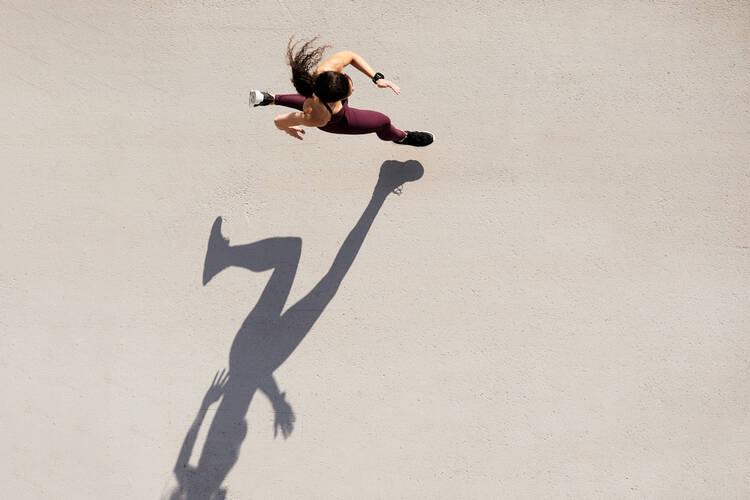When I was a child, my father showed me a scar on his finger: a faint, white line acquired in some rough-and-tumble moment during his growing-up years. The story he told me about it did not come from his childhood, but from later, when he was an Air Force pilot and about to leave my mother and me for Vietnam.
As he headed off to the war, my father knew that pilots could be forced to bail out of their planes by enemy fire. He knew the risk, if that happened, of being taken prisoner. And he knew that prisoners of war were sometimes forced by their captors to send coerced messages home, including false information or sentiments. The war could come into their homes, in a sense, between themselves and the ones they loved most.
So, my father got a ruler. He carefully measured the distance from the tip of his finger to that scar and gave my mother the measurement. A genuine letter, he told her, will begin exactly that distance from the top of the page: no more, no less. That letter is a letter from me, and you can trust what it says. Any other letter, you will have to know, comes to you from dire circumstances.
This is a moment for all of us to ask what measures we should be taking and what conversations we should be having.
Now, this sort of thing makes an impression on a child. Perhaps it is one of the reasons that I have become a person who looks ahead, who prepares. In the present moment, though, it seems that we are all becoming that sort of person, like it or not. In the midst of the present pandemic, we are all finding ourselves—slowly or suddenly, with profound hesitation or with grim determination—imagining circumstances that can only be described as dire. This is a moment for all of us to ask what measures we should be taking and what conversations we should be having.
Here, the Christian tradition is a rich resource for us.
Calls to a certain form of readiness, indeed, stands at the heart of that tradition from the beginning. It echoes through the New Testament like an insistent drumbeat. It presses us to focus on what matters most and to leave aside quickly the things that don’t. In a sense, theascesis described by St. Paul as the form of the Christian life can be best thought of in this way.
We associate ascesis, and especially our own derivative, “asceticism,” with self-denial, but, in the Pauline vision, that is never an end in itself. Self-denial is, rather, a kind of training. What we are aiming for is the spiritual athleticism that equips us to meet the demands that will come.
What we are aiming for is the spiritual athleticism that equips us to meet the demands that will come.
The image of a runner, in particular, fits with the way many of us are feeling now: poised at the starting block, muscles taut, eyes strained to look ahead of us, trying to imagine how we will finish this race. We are asking ourselves: Are we up to the task?
If we consider the form of this Christian readiness, though, a fuller picture emerges. Above all, we recall that the readiness to which we are called is not only the result of our own efforts. We are borne up by a power greater than our own. It is not simply steely-eyed determination that we need. It is surrender and cooperation with that which is greater than ourselves. The call to training is there, but so is the reminder that “it is God who works in you to will and to act in order to fulfill his good purpose” (Phil 2:13). If, at this moment, we don’t feel quite ready, we can rest a bit in the knowledge that Someone else is working in us and through us, drawing us into plans that we may not even fully understand.
This readiness, furthermore, is not simply an individual matter. In a difficult moment, we do have certain tasks as individuals, but this race is one that we will run together, carrying one another forward. The truth is that we are ready in varying ways, and we can bring our own readiness to the whole.
Just yesterday, my 11-year-old son and I ran two errands. We had some food to bring to a friend of a friend who was in need and could not get to the store. As we left, another friend texted to ask if we ourselves needed anything, and when I answered that we would love a little fresh fruit, she told us that we could come by any time. She had exactly what we needed. Together, we had enough.
We know something of what lies ahead of us. Other tests will only emerge as we go. We will have to do everything we can to be ready. We also have to remind ourselves, though, that we do not run alone. We will trust in God, and we will bear up one another. It is a moment to offer whatever we have: our skills, our resources, our time, our love. And yes, even our scars.










